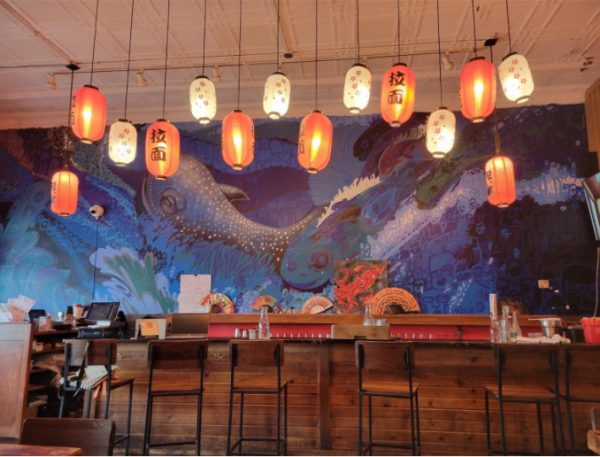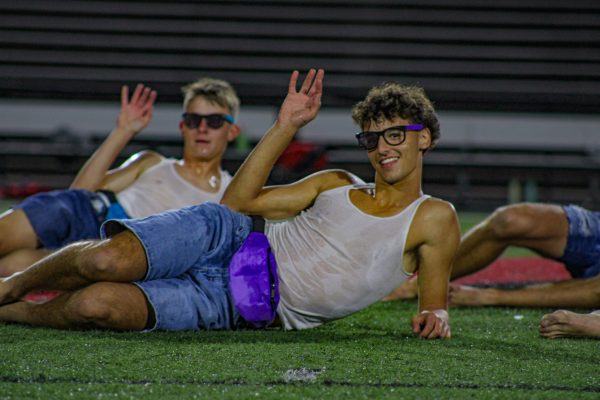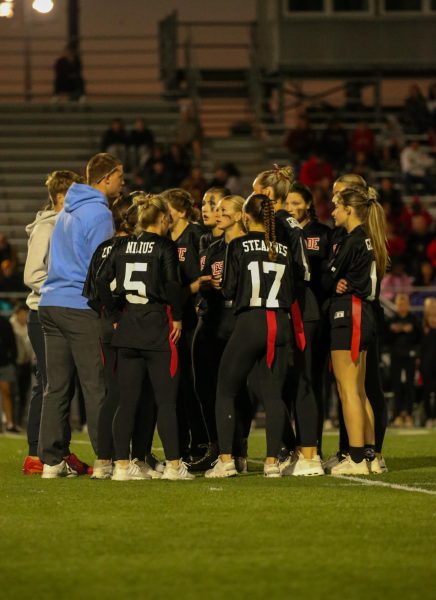Career and Technical Education Courses Forced to Make Adjustments Due to COVID-19
Certain hands-on courses are forced to make difficult changes due to social distancing.
Classes during COVID-19 have been challenging for teachers. Career and Technical Education are courses that require in-person learners and hands-on learning. With the COVID-19 pandemic leaving students without access to miter saws, sewing machines, and other essential tools needed to learn in these classes, instructors have had to make adjustments.
Fashion is a class that requires a lot of hands on learning. Fashion instructor MaryJo Losen explains her concern for new fashion students.
“[Fashion] works better for advanced students because they know the basics,” Losen said. “It becomes difficult for new students to learn the same skills that students are learning here in real time on equipment.”
Classes like Woods and Welding can be difficult to teach due to the amount of safety precautions students and instructors have to take. This means covering everything in these classes takes more time because students are not in class full-time.
Woods instructor David Shabram explains how most students do not have access to tools and materials they need for his class at home.
“Learning at home in a class like Woods can be difficult because students aren’t getting the hands-on learning that they typically would if we were working in a lab,” Shabram said. “Some students might have some resources at home, like a grandparent or someone that they know who has experience with the tools we use, but the majority of the kids that we see in class don’t have that. Coming to school and being in the lab is the only hands-on experience that students get.”
Adjusting the learning plan to better suit every student is another challenge teachers face. Pottery instructor Christina Nelson explains the difficulty of switching the learning plan due to the pandemic
“It’s been extremely difficult to adjust Pottery because it is a subject that pretty much has stayed the same for many years, so to go remotely with it has been a big task,” Nelson said. “Every topic we learn won’t be covered in full because of the amount of time we are in class.”
A class like Foods had to take more safety precautions than any other course during the pandemic. Foods instructor Elizabeth Cosentino explains how students might be missing out on fundamental skills needed for foods.
“Foods One, especially since it’s a foundation level class, covers everything, and implementing extra safety steps has been difficult at 25% and 50%,” Cosentino said. “Now that we are at 100%, changing things back has caused us to have to shorten other units.”
Your donation will support the student journalists of Omaha Westside High School. Your contribution will allow us to purchase equipment and cover our annual website hosting costs.
Hi, my name is LeMario Somerville! I'm a staff writer for Westside Wired this year. I'm a junior and a fun fact about me is that I play lacrosse. If you...







